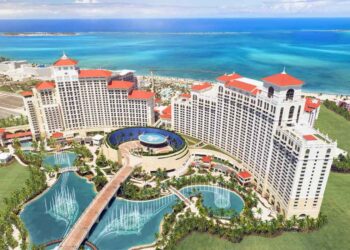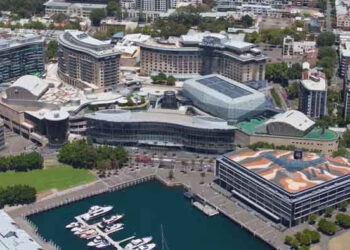A clause in Thailand’s draft Entertainment Complex Bill requiring Thai nationals to hold a minimum THB 50 million (US$1.5 million) in fixed deposits for at least six months to be able to enter the nation’s legal casinos has been described by industry representatives as an “absolute deal breaker” that threatens to curtail the nation’s “Entertainment Complex” dream before it even gets started.
The new regulation, added to the bill by the Council of State during a review in February, has been roundly criticized by a wide range of industry stakeholders in comments to Inside Asian Gaming as part of a deep dive into the current state of play that will feature in IAG’s upcoming April magazine issue.
An alternative proposal to instead require Thai nationals to show a three-year tax history would also fail, one industry commentator added, because “no Thais are going to want to show that.”
“No jurisdiction in the world has introduced a barrier for entry into a casino so high for locals and expected a large-scale entertainment complex to be successful,” added another prominent industry representative. “We understand and appreciate the need to protect anyone that may be vulnerable, and as such there will be detailed responsible gaming processes and procedures in place to achieve this. Limiting casino entry to only the wealthiest of locals will handicap the level of entertainment complex investment and growth in Thailand.”
A senior US-based industry stakeholder questioned why Thailand appeared determined to “reinvent the wheel” rather than following the Singaporean model that has been proven and accepted by operators, regulators and the banking system. “To try to reinvent the business where you have that kind of requirement, they’re just going in the wrong direction,” the company representative said.
Only one operator, based out of Asia, said they wouldn’t necessarily jump ship should the THB 50 million requirement remain, however, they agreed that the US$3 billion investment the Thai government has touted for its entertainment complexes would be unfeasible. A much smaller US$400 million investment was put forward as a more likely option under such circumstances.
Read the full deep dive in IAG’s April issue, to be published on Monday 31 March.






























